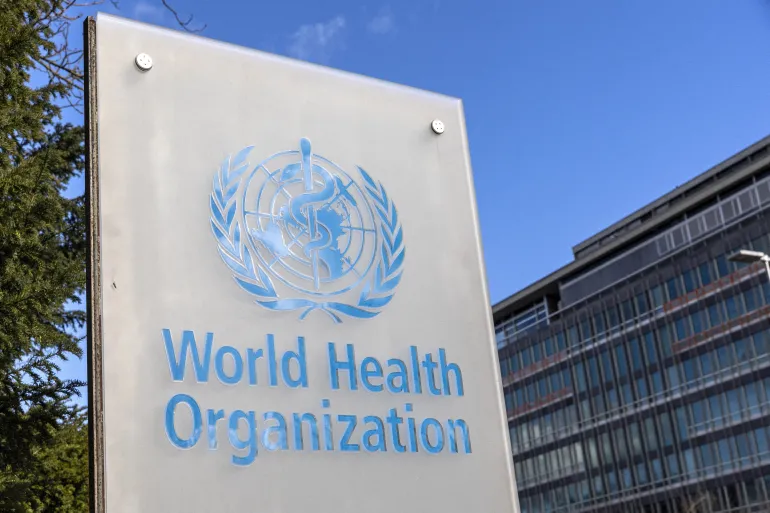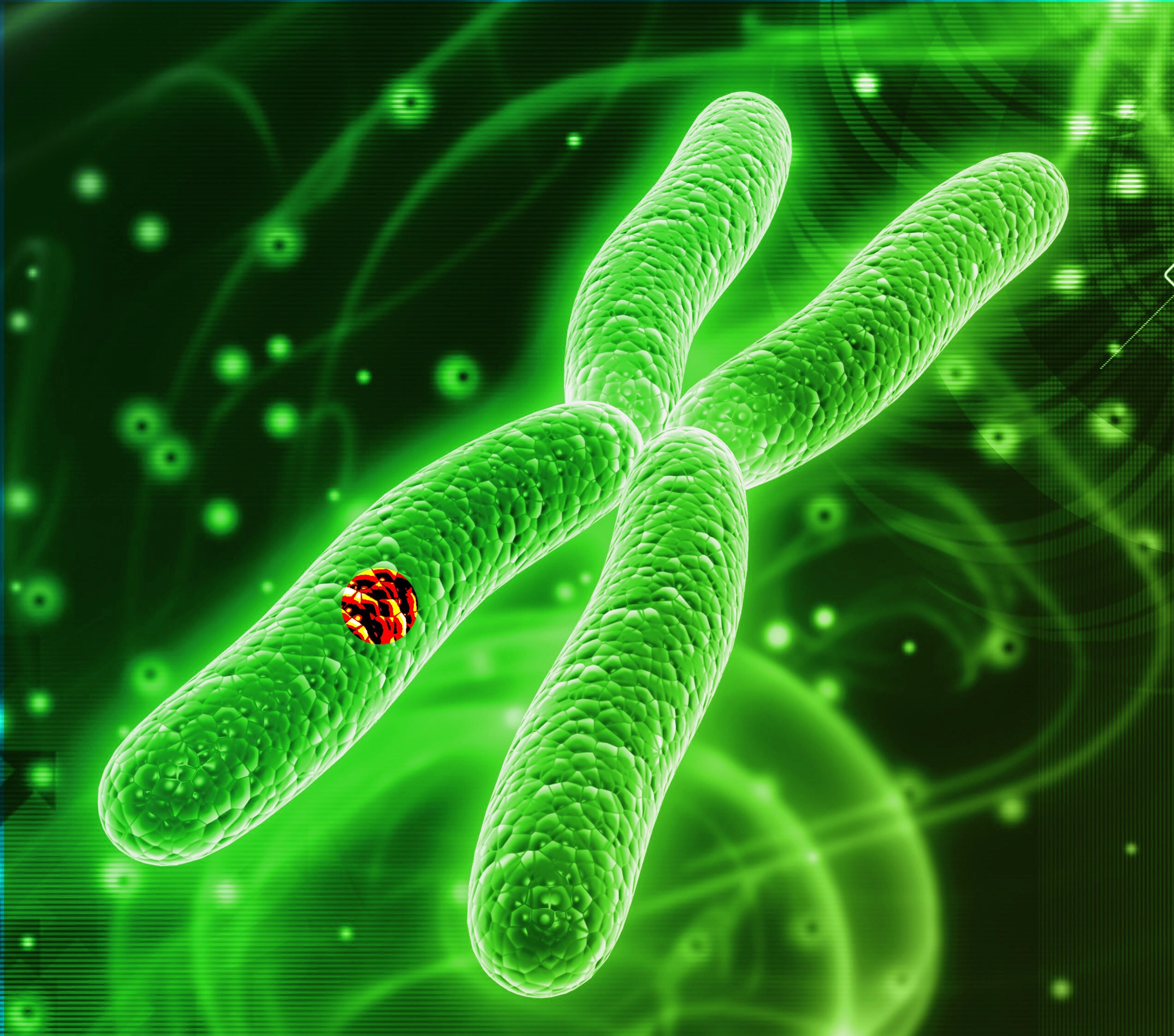Nearly two-thirds of those with long Covid continue to struggle with symptoms, including a reduced capacity for exercise and cognitive function, in the second year of illness, a study has found. Researchers, including those from Ulm University, Germany, studied over 1,500 people aged 18-65 years who were identified as having post-Covid-19 syndrome, or long Covid, which refers to the symptoms persisting despite having recovered from acute infection. The participants had been previously surveyed for complaints and symptoms they were experiencing after the acute phase of infection had passed and were either diagnosed with long Covid or had not developed the condition.
The study, published in the journal PLoS Medicine, found that 68 per cent of the long Covid patients continued to struggle with symptoms in the second year -- most common ones being fatigue, neurocognitive disturbances, breathlessness and psychiatric ones, including anxiety, depression and sleep problems. Among these patients with continued illness, the authors also found "significant reductions in handgrip strength, maximal oxygen consumption, and ventilatory efficiency". 'Maximal oxygen consumption' refers to amounts of the gas used by a person during intense exercise, while 'ventilatory efficiency' indicates how well one's body exchanges oxygen and carbon dioxide while performing physical activity.

Further, over a third of the 68 per cent also reported a reduced capacity for exercise, with a worsening of symptoms after performing physical activity, and were found to have "worse outcomes and more severe symptoms". The authors said that while previous studies have described the health problems one might experience following Covid-19 infection, the long-term course of the disease, in the context of long Covid-19, is unknown. "In this study, we observed that the majority of working-age patients with PCS did not recover in the second year of their illness.
Patterns of reported symptoms remained essentially similar, non-specific and dominated by fatigue, exercise intolerance and cognitive complaints," they wrote. Further, the authors noted "grave symptoms with mental and physical exercise dysfunction, but no laboratory markers in Long Covid/post-Covid syndrome". The findings "call for the inclusion of cognitive and exercise testing in the clinical evaluation and monitoring of patients with suspected (long Covid)", the authors wrote.
They urged for more observational studies with longer follow-ups that can help evaluate factors for improvement and non-recovery from long Covid..
Health
Two-thirds of those with long Covid struggle with symptoms for a year
Nearly two-thirds of those with long Covid continue to struggle with symptoms, including a reduced capacity for exercise and cognitive function, in the second year of illness, a study has found. Researchers, including those from Ulm University, Germany, studied over 1,500 people aged 18-65 years who were identified as having post-Covid-19 syndrome, or long Covid, [...]















